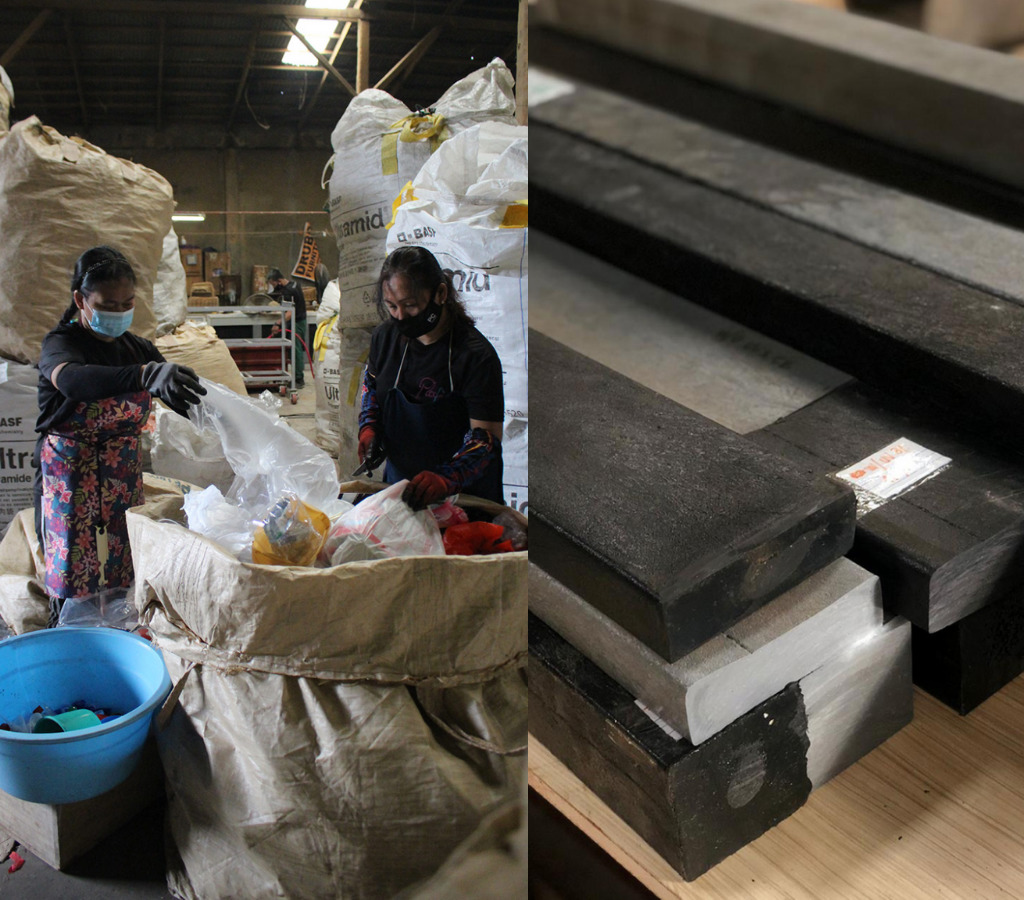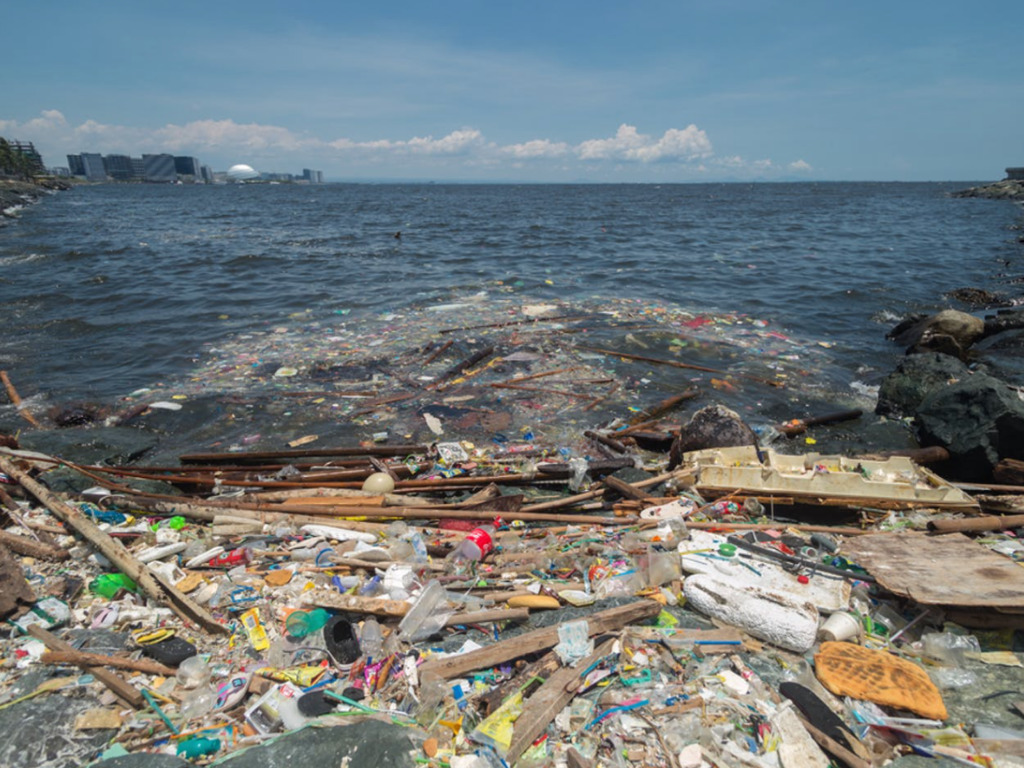FedEx Philippines Joins The Plastic Flamingo To Transform Its Waste & Tackle Marine Pollution In The Region
3 Mins Read
Shipping service FedEx Philippines recently announced that it is partnering with social enterprise The Plastic Flamingo to ethically dispose of its plastic waste, tackle marine plastic pollution and support a circular economy in the region.
The Philippines is one of the top contributors to global ocean plastic pollution, along with other fellow ASEAN countries like Indonesia, China, Thailand, and Vietnam, which altogether account for 60% of this crisis. The Philippines in particular produce 14.66 million tons of municipal solid waste every year that usually arrives from homes and commercial setups, out of which 10.55% is plastic.
To work towards solving the waste crisis in the region, and as part of the company’s Reduce, Replace and Revolutionize sustainability approach, Fedex Philippines has joined The Plastic Flamingo (The Plaf), the NGO founded by Francois and Charlotte Lesage that has developed an effective plastic waste collection system and through its recycling methods, transforms plastic into sustainable eco-lumbers that can be utilized in making furniture and emergency shelters.
In FedEx’s case, the plastics collected are mainly PP Film (Polypropylene), which can be easily recycled and can be used for extrusion, a method where objects of a fixed cross-sectional profile are created.
Via this new partnerhsip, the Plaf and FedEx will push for a collective solution from the public, private and government sectors as their roles too are equally critical in resolving this crisis.
In a press release seen by Green Queen, managing director of FedEx Express Philippines, John Peterson, said: “The collaboration echoes our relentless efforts in finding ways to responsibly and sustainably connect the world through our business. Significantly, the endeavor enables us to multiply opportunities to support enterprises that do good for people, communities and our shared environment.”

The collaboration echoes our relentless efforts in finding ways to responsibly and sustainably connect the world through our business. Significantly, the endeavor enables us to multiply opportunities to support enterprises that do good for people, communities and our shared environment
John Peterson, managing director, FedEx Express Philippines
Legage said that only by developing new products can a true “sustainable and ethical business model for plastic waste recycling” be built. He added that the “value is in the final product and that can sustain the whole value chain. We are pleased that more people believe in and support our model, vision and mission.”
“Through the years, we have made great strides in advancing environmental efficiency. We remain committed to deliver a positive impact to society and future generations,” concludes Peterson.
The logistics behemoth has pledged to achieve carbon-neutral operations by 2040, and assign over US$2 billion to electrifying vehicles, green energy models, and carbon sequestration methods.
Creating new products is the only way to find a sustainable and ethical business model for plastic waste recycling. The value is in the final product and that can sustain the whole value chain
Francois Lesage, co-founder, The Plaf
The Plaf’s mission is to “link recycling with beauty” and the NGO aims to collect and recycle 2,000 tons of plastic waste by 2023 with the present collection amounting to over 60 tons, out of which 50% is already recycled and converted into eco-lumbers with plans to begin building emergency shelters this year.
It further provides employment opportunities for low-income families, with specific support for women, and is committed to achieving greater diversity in their workforce.
The organization recently partnered with snack food firm Mondelez Philippines, who will be investing an undisclosed amount in plastic management solutions, with country manager for Corporate and Government Affairs Joseph Fabul stating that its company aims to recycle around 40 metric tons of post-consumer plastic packaging into sustainable wood alternatives.
Lead image courtesy of Aldarinho.




